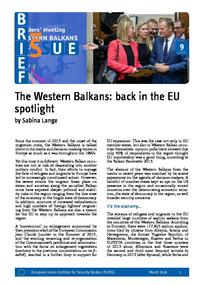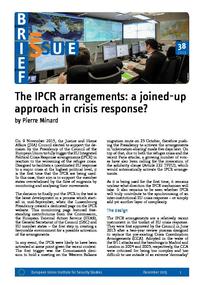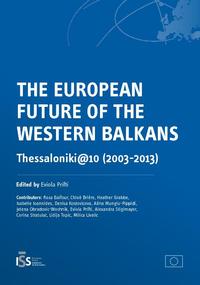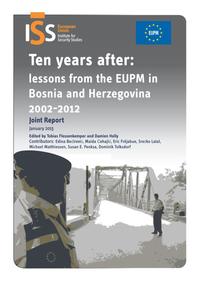The countries of the Western Balkans are geographically surrounded by EU member states, and the EU’s general approach towards the region is characterised by stabilisation through integration.
The conflicts which blighted the region in the 1990s posed an existential challenge to the Common Security and Foreign Policy (CFSP) and in 2003, the EU went beyond its declaratory statements and launched the first ever Common Security and Defence Policy (CSDP) mission, EUPM, in Bosnia and Herzegovina and subsequently, the first military operation, Concordia, in the former Yugoslav Republic of Macedonia. Currently, the military operation EUFOR Althea in Bosnia and Herzegovina and the Union’s largest mission to date, EULEX, in Kosovo, provide tangible illustrations of the EU’s continued commitment to ensuring peace and stability in the region. Furthermore, the objectives of the Union and the work of the High Representative are also supported by the European Union Special Representatives (EUSRs) in Bosnia and Herzegovina and Kosovo.
On 1 July 2013, Croatia became the 28th member state of the European Union. In 2012, Montenegro opened the accession negotiations, followed by Serbia in 2013. In June 2018, the European Council agreed to conditionally open the accession negotiations with Albania and the former Yugoslav Republic of Macedonia in June 2019. The prospect of EU membership remains open to the potential candidates: Bosnia and Herzegovina and Kosovo.

























